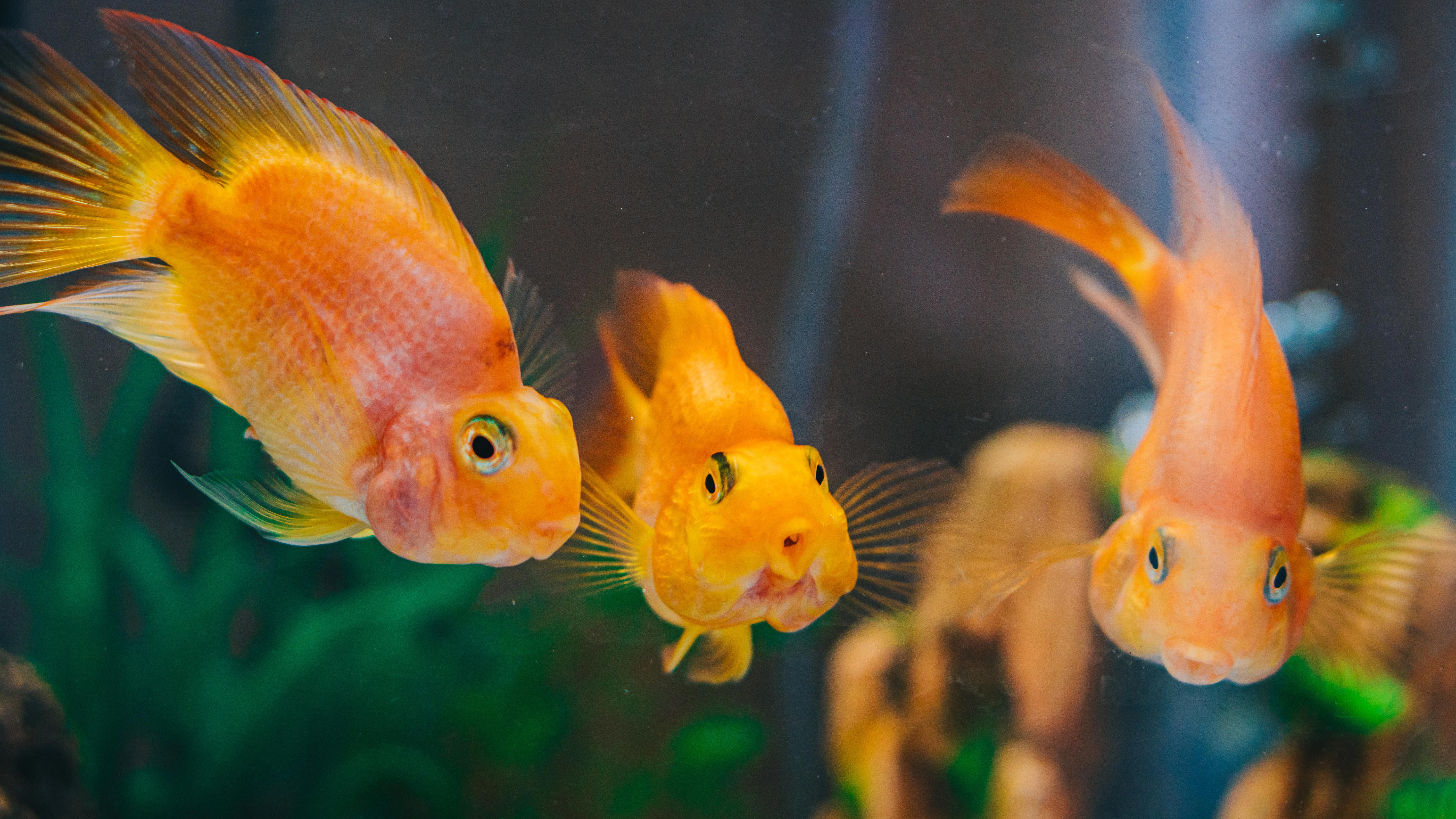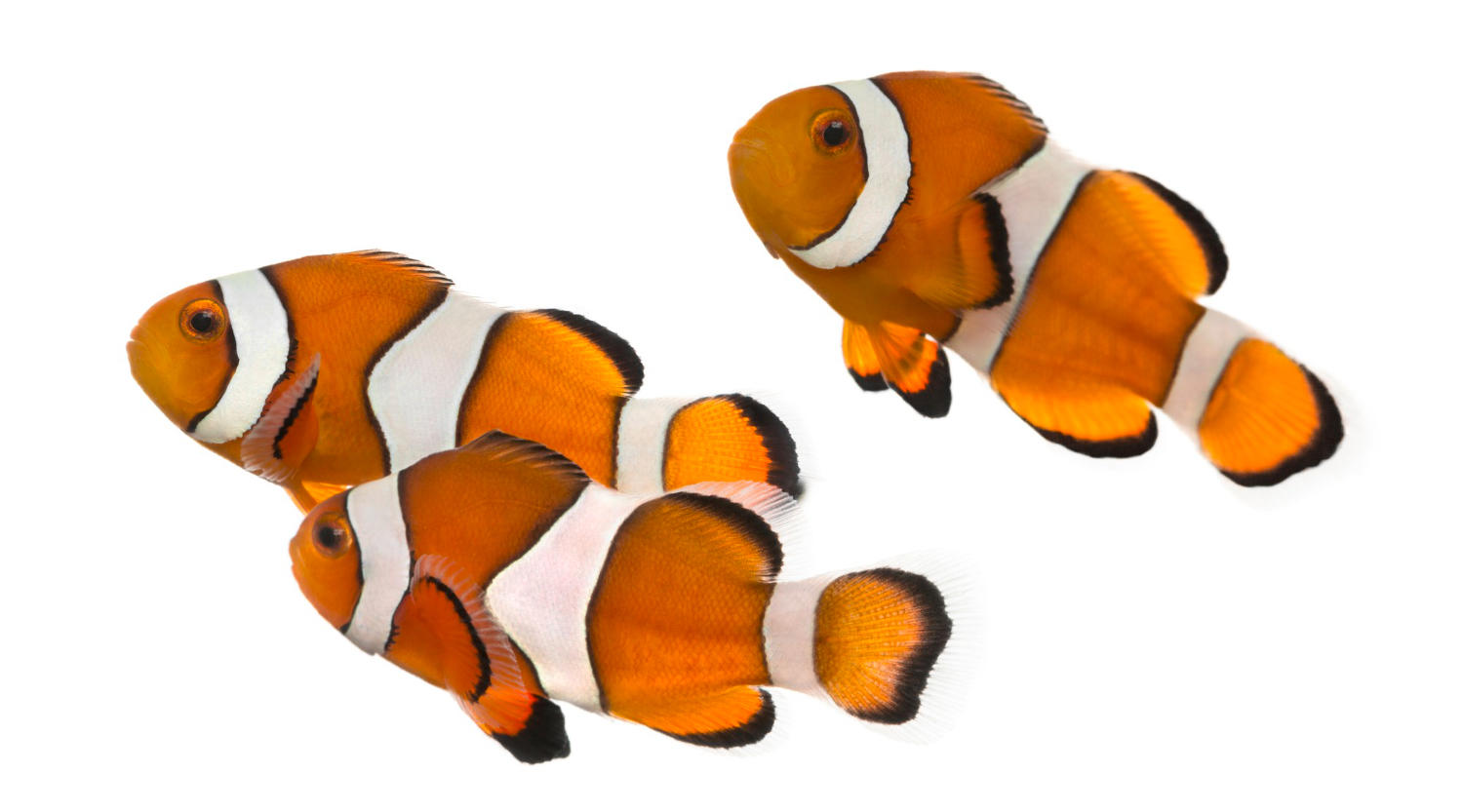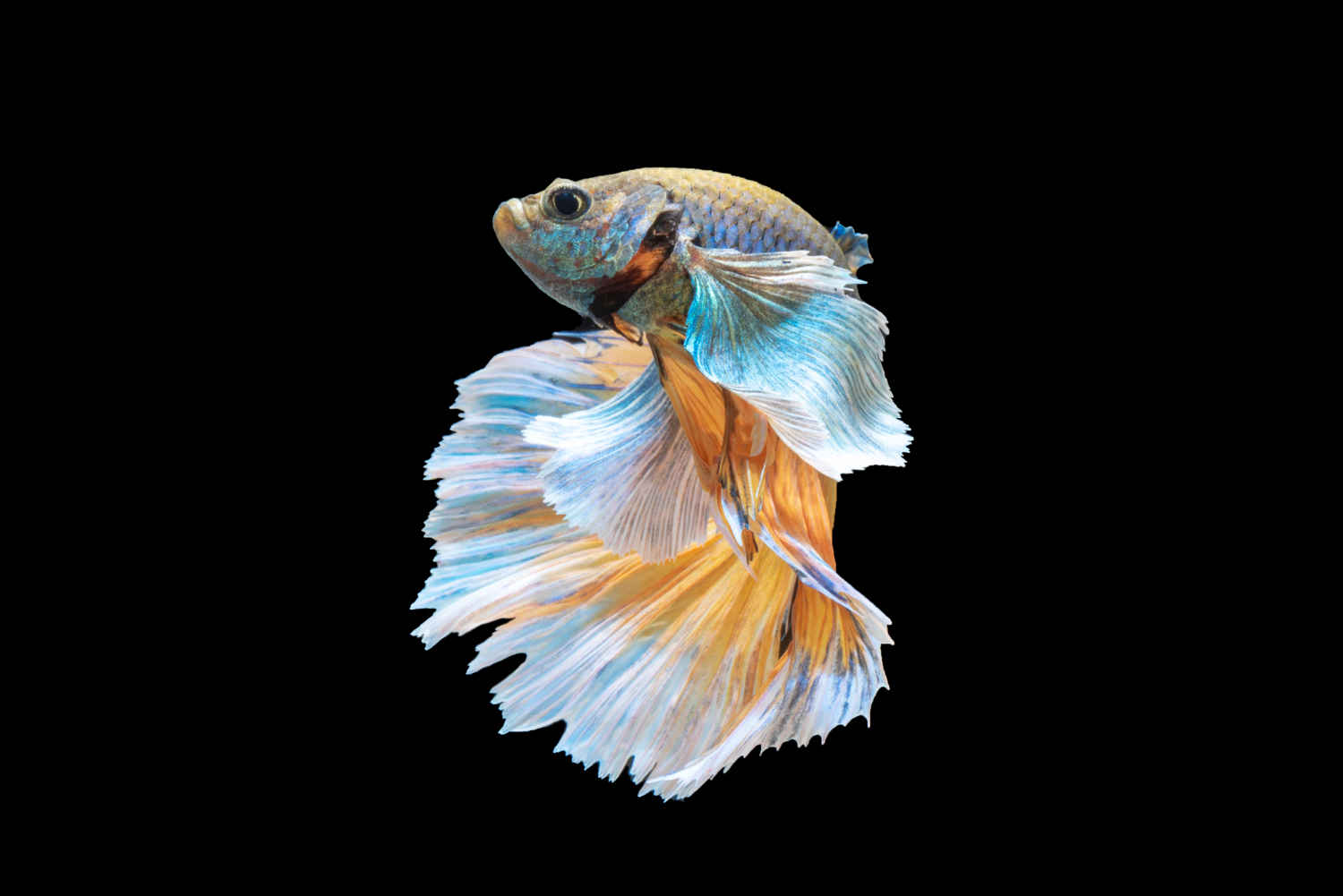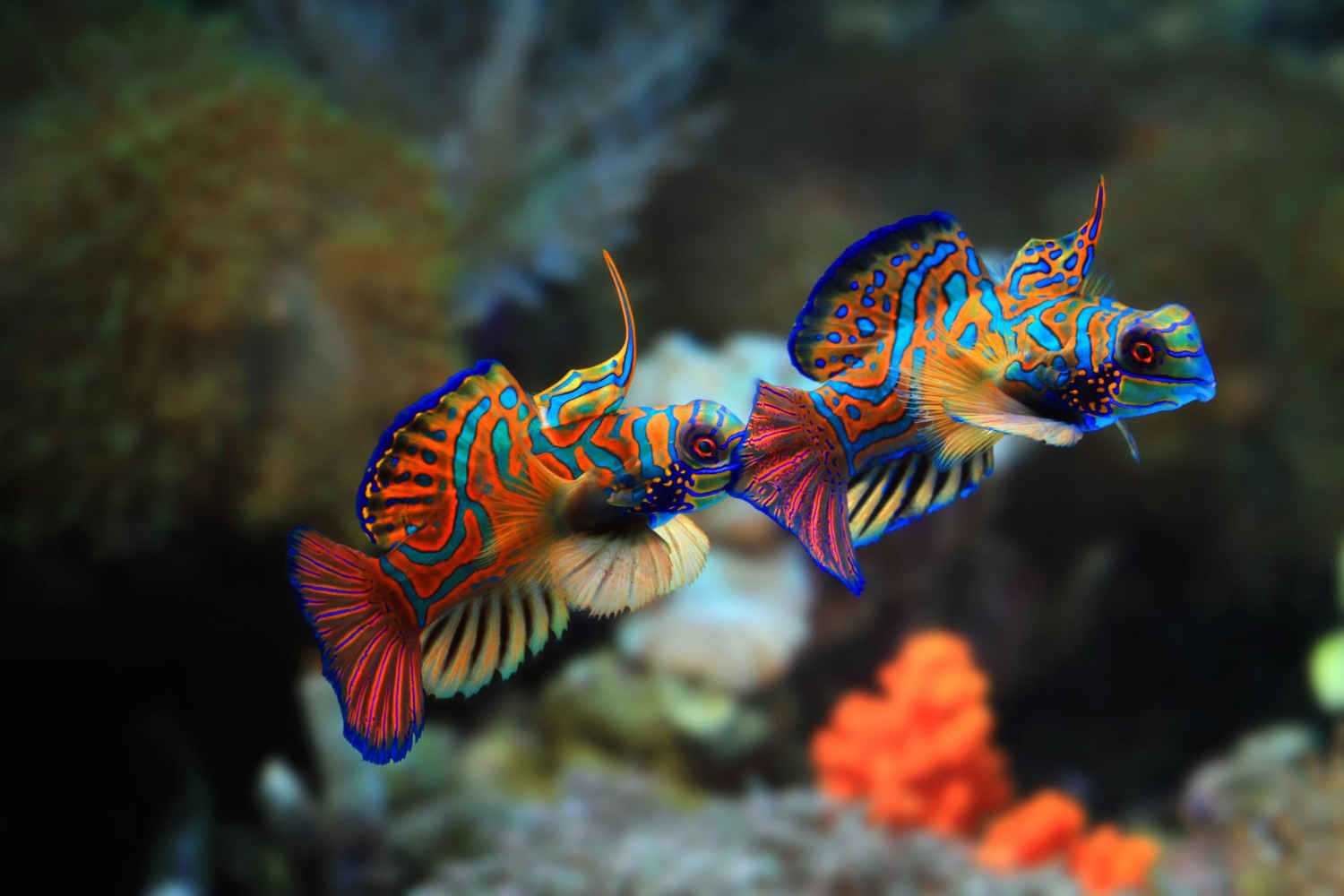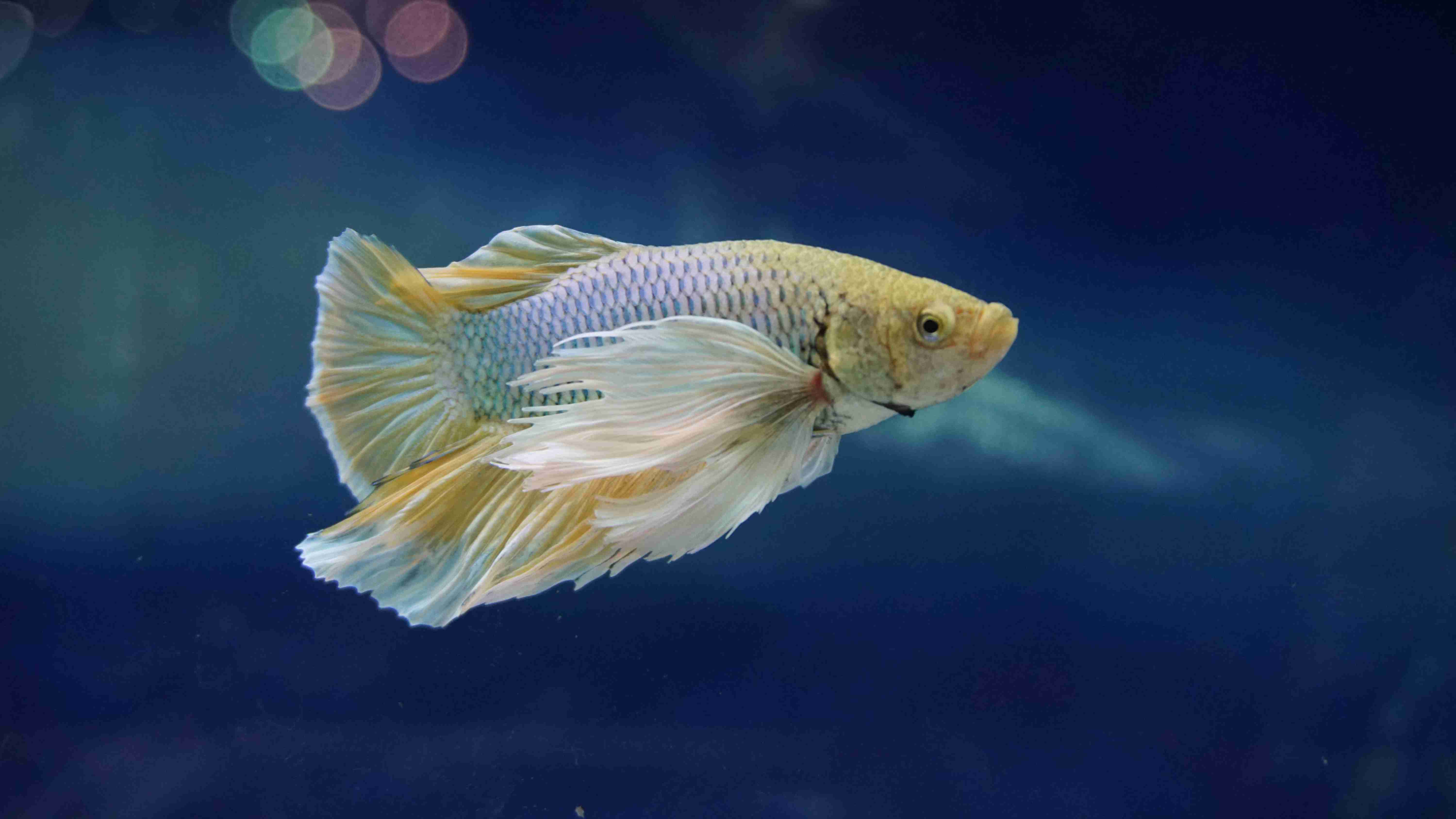Maintaining a healthy environment in your fish tank is crucial for the well-being of your aquatic pets. But did you know that the amount of food you give your fish can have a significant impact on the water quality of your tank? Whether you’re a seasoned fish owner or a beginner, it’s important to understand the effects of underfeeding and overfeeding your fish. In this blog post, we’ll dive into the science behind fish feeding and how it can affect your tank’s water quality. So, let’s get started!
Fishkeeping can be an extremely rewarding hobby, but it also requires a lot of responsibility. One of the most important aspects of fishkeeping is maintaining a healthy water environment for your fish to thrive in. Water quality can be affected by many factors, including underfeeding and overfeeding your fish.
Underfeeding your fish can have a significant impact on the water quality in your tank. When fish are not fed enough, they may become weak and more susceptible to disease. They may also produce less waste, which can result in a lower level of ammonia in the tank. While this may seem like a good thing, ammonia is actually a necessary component for beneficial bacteria to grow and break down waste in the tank. Without enough ammonia, the beneficial bacteria may not be able to keep up with the waste production, resulting in poor water quality.
On the other hand, overfeeding your fish can also lead to poor water quality. When you overfeed your fish, they may not be able to consume all of the food, which can result in excess waste and uneaten food in the tank. This waste and uneaten food can lead to an increase in ammonia and nitrite levels, which can be harmful to your fish. Additionally, excess food can cause the growth of harmful bacteria and algae, which can further degrade the water quality in your tank.
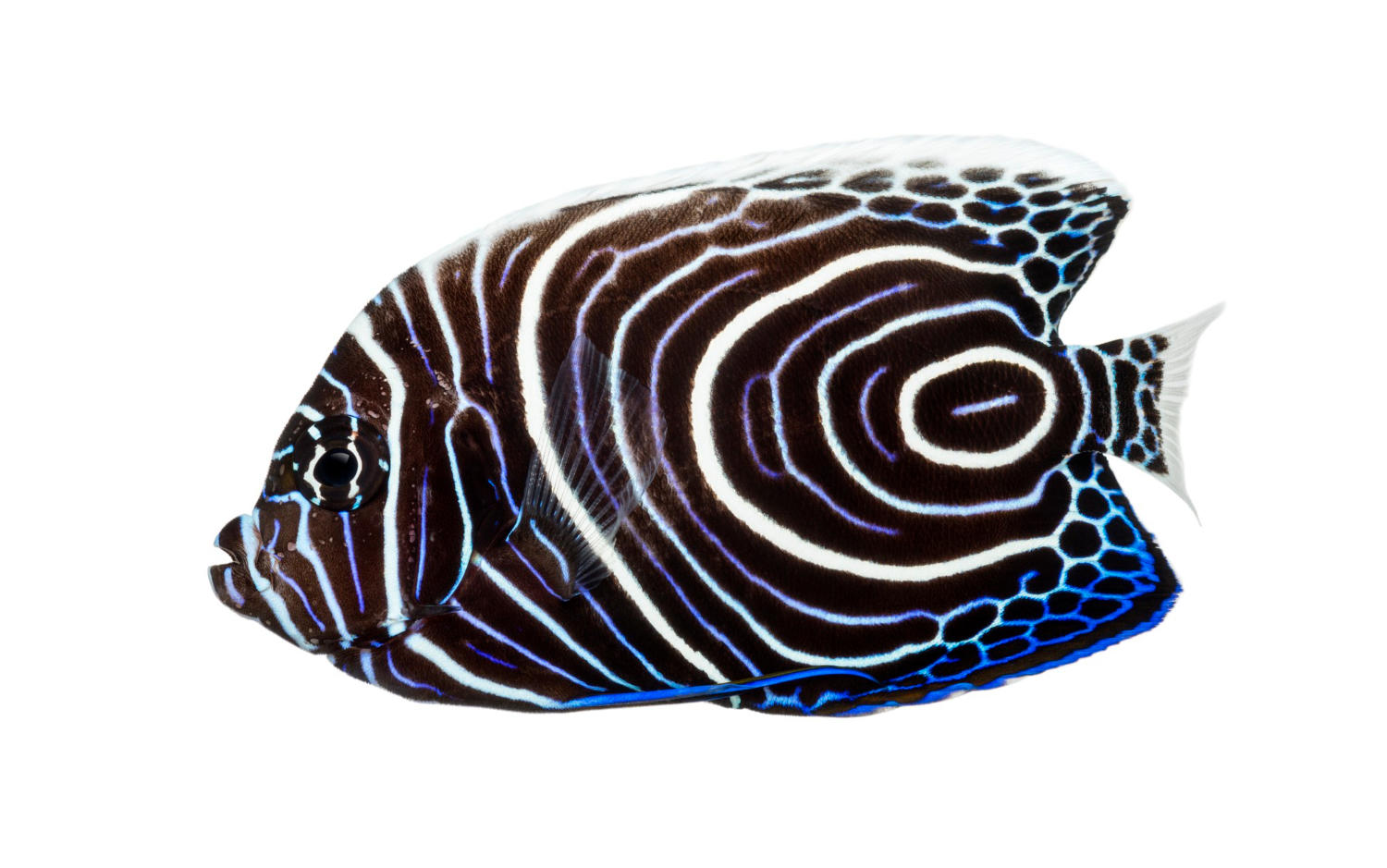
To maintain healthy water quality in your tank, it is important to feed your fish the appropriate amount of food. A good rule of thumb is to feed your fish only what they can consume in two to three minutes. If there is any uneaten food after this time, you should remove it from the tank to prevent it from harming the water quality.
In addition to proper feeding, it is important to regularly test the water in your tank to ensure that the ammonia, nitrite, and nitrate levels are within safe ranges. If you notice any issues with the water quality, you should take immediate action to correct the problem, such as performing a water change or adjusting the feeding schedule.
In conclusion, underfeeding and overfeeding your fish can have a significant impact on the water quality in your tank. It is important to feed your fish the appropriate amount of food and regularly test the water to ensure that it is safe for your fish to live in. By taking these steps, you can maintain a healthy and thriving environment for your fish to live in.
In conclusion, maintaining the water quality in your fish tank is crucial for the health and longevity of your fish. Underfeeding or overfeeding your fish can have a significant impact on the water quality in your tank, leading to a variety of issues such as ammonia spikes, cloudy water, and algae blooms. By monitoring your fish’s feeding habits and taking proper care to ensure they are getting the right amount of food, you can help keep your fish and your tank healthy. Remember, a little bit of effort in feeding your fish can go a long way in maintaining the overall health and beauty of your aquarium.


